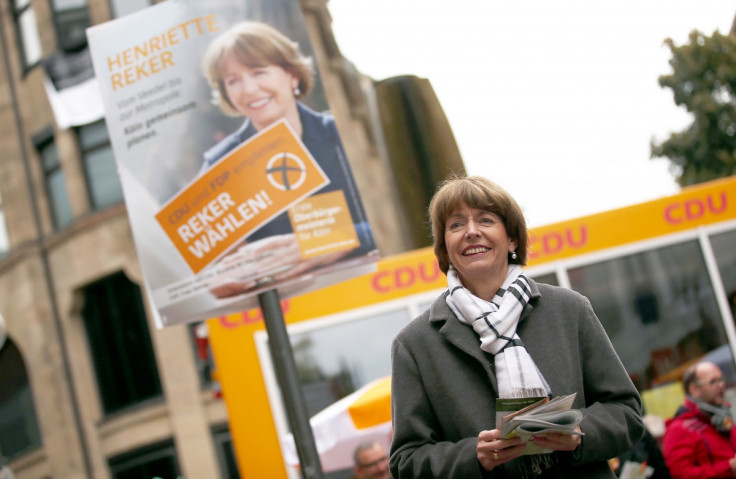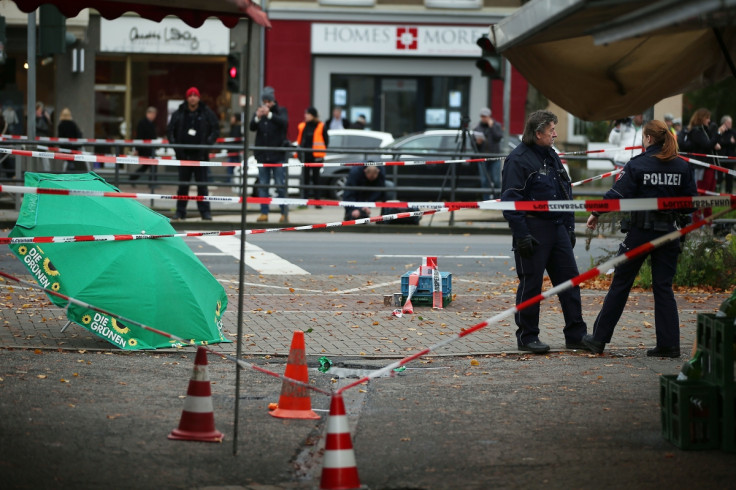German politician Henriette Reker stabbed in neck for migrant support

German politician, Henriette Reker, an independent close to Merkel's ruling Christian Democrats (CDU), suffered serious wounds after being stabbed in the neck on Saturday (17 October) morning. The attack is reported to be linked to her active role in helping refugees.
Henriette Reker, a mayoral candidate known for her liberal views on immigration, was targeted on Saturday in the middle of an open air market in Cologne, which is to elect its mayor on Sunday. Police chief Wolfgang Albers described the attack as a political act, linked to the fact that Reker was "responsible for taking charge of refugees" in the fourth largest city in Germany.
Her assailant, a 44-year-old unemployed man, is said to have told police he stabbed her in the neck because he was angry she supported asylum seekers coming to Germany. Cologne police official Norbert Wagner said at a news conference that the attacker had a racist motivation for committing the violent act.
Reker took care of refugee issues in Cologne and was standing by an information stand about her party when she was attacked. Four other people were also injured, one of them seriously.
Immediately after the attack, members of all parties and citizens held a spontaneous rally in solidarity with Henriette Reker near the Cologne's main shopping street according to Rheinische Post. A larger demonstration around Cologne's City Hall was announced for the evening.
German leader Angela Merkel expressed Merkel "expressed her shock and condemned this act", a spokesperson said, while the interior minister, Thomas de Maizière, called it an "appalling, cowardly" attack.

The attack comes at a time when as Merkel travels to Turkey to talk with president Recep Tayyip in order to implement fairer distribution of refugees across the EU. This policy, is not being well received by some in Germany, and has been led to an increasing number of far-right protests.
Germany is struggling with a huge influx of Syrian asylum-seekers and is expecting to take in one million this year. Over 630,000 people who are fleeing war and poverty in the Middle East and Africa, have made the journey to Europe this year, many risking crossing the Mediterranean by boat.
© Copyright IBTimes 2025. All rights reserved.





















